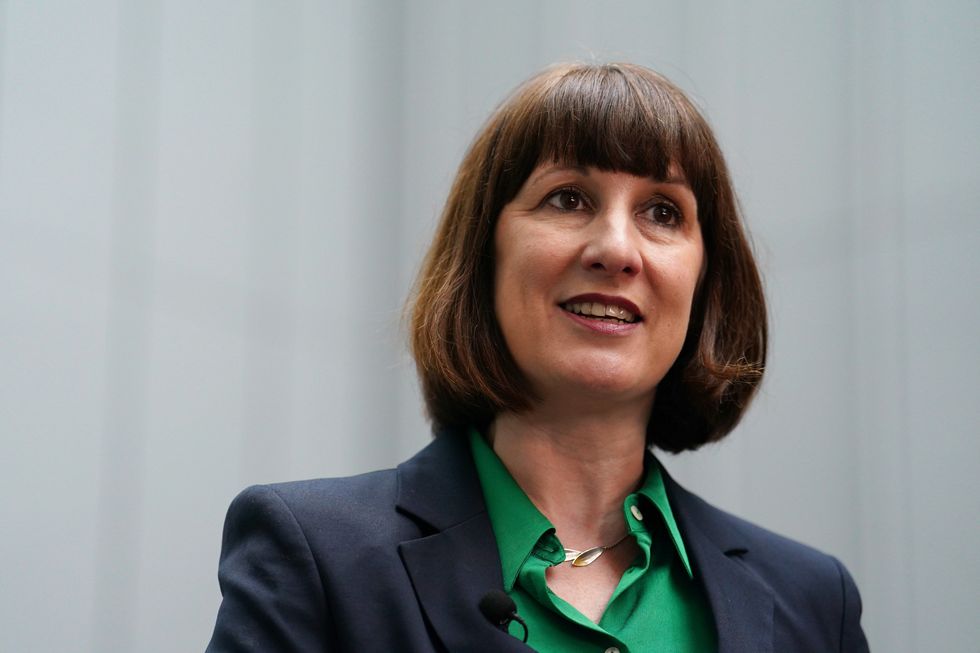UK businesses already closing doors amid fears over Rachel Reeves looming Budget
The number of members' voluntary liquidations this month exceeded 1,600
Voluntary liquidations have soared amid concerns of a shake-up of the capital gains tax regime
Don't Miss
Most Read
Trending on GB News
Thousands of solvent British businesses are shutting down in order to avoid an unexpected increase in levies on entrepreneurs in the budget.
The number of members’ voluntary liquidations (MVL) this month doubled for the whole of October last year.
According to notices filed in The Gazette, the number of advertised business closures in the country exceeded 1,600.
The number of liquidators appointed to such closures accelerated to about 238 per cent in the week ending October 18, helping to drive up a 51 per cent increase in insolvencies week on week.
 Rachel Reeves will deliver the Budget on October 30 PA
Rachel Reeves will deliver the Budget on October 30 PAThe spike in liquidations comes as Chancellor Rachel Reeves considers cutting a capital gains tax break known as Business Asset Disposal Relief in her upcoming Autumn Budget.
Currently, entrepreneurs pay a reduced tax of 10 per cent on profits they make from the sale or liquidation of their companies under the policy compared to the standard 20 per cent charged on higher-rate taxpayers.
Julie Palmer, a partner at corporate recovery specialist Begbies Traynor, said: “Concerns around the anticipated restriction or removal of business asset disposal relief in the budget, which has long been mooted by the government, is the main driver behind a lot of these MVLs.”
Any change to the relief is expected to be part of a wider shake-up of capital gains tax, which could be increased in the upcoming Budget.
The capital gains tax, which is levied on profit made from the sale of an asset that has risen in value, could be increased to as much as 39 per cent.
The Chancellor has ruled out increasing other key levies which leaves her with a limited range of options to raise around £40billion to fill a budgetary hole left by the previous Government.
The financier and former director of Premier League club Newcastle United, Amanda Staveley, said she liquidated one of her businesses because of the threat of higher capital gains tax.
Vesna Sowden, head of company secretarial at Blick Rothenberg Ltd, said: “We have seen an increase in liquidation requests in the last couple of months since the speculations about the changes that the new budget may bring started circulating.
LATEST FROM MEMBERSHIP:
“These were mainly driven by the company owners’ concerns about the possible changes in the inheritance tax and the increase in capital gains tax.”
Inheritance tax, often dubbed “the most hated tax” could also be on the Chancellor’s radar.
The tax, which is charged at 40 per cent and applies to estates worth over £325,000, draws much criticism as it is seen as double taxation.
However, the IFS have proposed a way to change the tax, stating: “A good start would be ending, or at least capping, the unjustified exemptions for pension wealth, business assets and agricultural land — a change that would raise around £2billion a year, assuming no behavioural response.”








